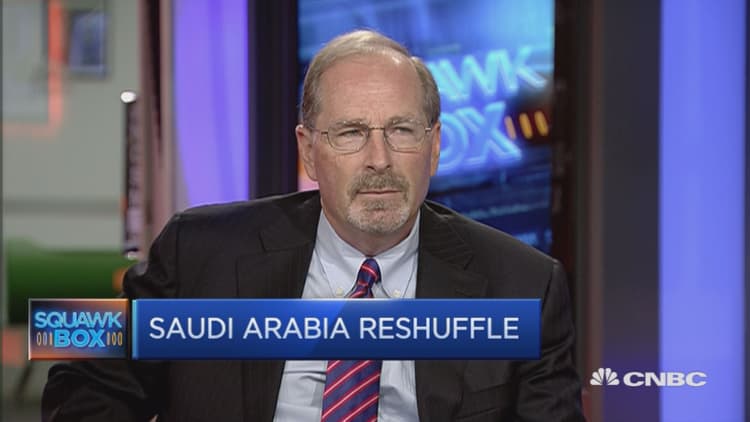Investors gunning for an interest rate hike by the U.S. Federal Reserve may be looking in the wrong direction, as millennials have more control of rates than the central bank, the head of a U.S.-based investment firm told CNBC.
"The Federal Reserve no longer sets interest rates in the United States of America — 25-35 year-olds set interest rates," Bill Smead, CEO and CIO of Smead Capital Management, told CNBC on Monday.
He said this was because, for first time in 60 years, most Americans had not taken out a mortgage by the age of 30. The average first-time homebuyer in the U.S is now 33-years-old, according to a survey from 2015 by real estate marketplace Zillow.
"They haven't borrowed the money, therefore the demand for money is not there that would cause the price of money - interest rates - to go up," he said.
The Fed's interest rate target is 0.25 to 0.5 percent – still near historic lows, following a hike in December.
A cycle of house buying, credit demand and interest rate rise could be set in motion once 25-35 year-olds settle down and raise families, Smead told CNBC.
"Of course, babies drive the house buying," he said.

He said further Fed rate rises, driven by millennial house-buying, might come as a shock to the market.
"When the rates go up, you'll be shocked at how abrupt it will be because when these millions and millions and millions of 25-40 year olds all decide...to do the same things at the same time," Smead said.
"It will be like screaming fire in a movie theatre and they'll all head for the door," he added.
Only 510,000 single family residences were built in the U.S. in 2015 to serve a population of 325 million, Smead said. He suggested increased demand could spur as much as 1.5-to-2 million housing starts per year over a seven-to-10 year period.

However, demand may already be rising.
New home mortgage applications have gained this year, with the Mortgage Bankers Association's most recently reporting a 17 percent rise in March from a month earlier.
The average loan size for new homes also jumped to $339,296 from $328,370 in February.
Follow CNBC International on Twitter and Facebook.

